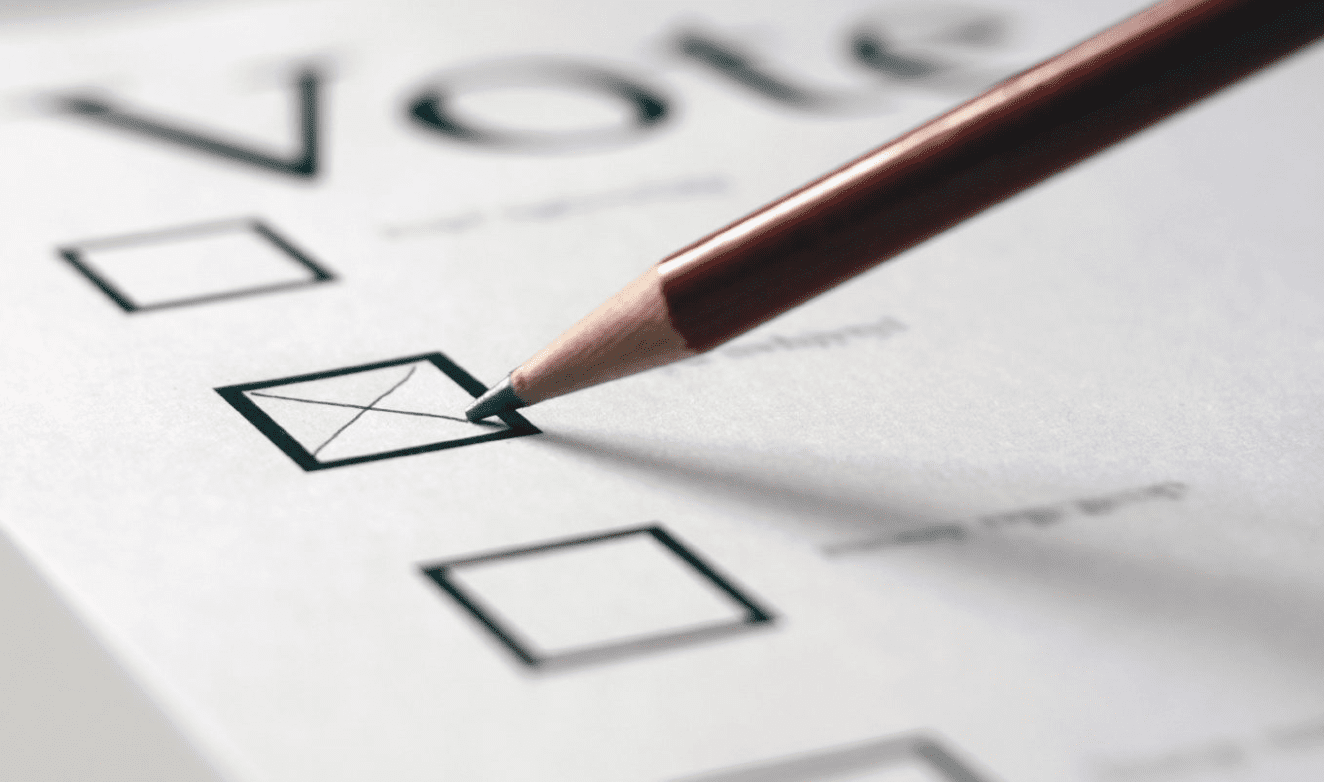
The Senate took up HB 1521 on Monday which addresses absentee voting in the new climate of social distancing during the COVID-19 pandemic.
The bill allows for individuals who have been instructed by healthcare professionals to stay home or have severe health risks due to the virus to vote by absentee. It also applies to individuals who have a genuine concern of contracting the virus by leaving their home and going to the polls. The hope is to limit their exposure.
The bill provides that all absentee ballots be received by mail by the postmarked date of the election. The ballot can be received for up to five days after the election date. The ballots would be placed in a sealed box designated at the registrar’s office.
Current law requires for notarization on the application and then again on the actual ballot. Sen. David Blount (D) offered an amendment, which was killed, that would allow for voters to bypass the notarization option by providing a copy of a photo ID instead.

“Most people don’t deal with notarizing documents and I believe this is a reasonable way to ensure the integrity of the ballot with our existing photo ID requirement and allow them to stay at home and safe,” said Blount.
Sen. Jenifer Branning (R) defended the bill but opposed the amendment saying there were plenty of options even within COVID-19 closures for individuals to get these documents notarized.
Once someone has voted by absentee the bill would make that vote final and that individual would not be allowed to also vote at a polling place on election day.
Sen. Hob Bryan (D) argued passionately about how complicated the process is for someone to vote if they are not able to go to the polls.

Bryan said that the state is about to have a serious problem as people head to the polls in November. He noted that he has never been a big fan of mail-in voting and still is not, adding that mail-in voting is a confusing process and causes issues for staff especially in a major election.
“My solution in order not to have all these mail-in ballots which I think is just going to create a mess is to offer more opportunities to cast a ballot,” said Bryan.
He believes there should be more opportunities to cast your vote than just one clerk’s office per county. He said this is not a workable option.
Bryan offered an amendment to allow the board of supervisors to be authorized to set up one or more satellite offices for people to vote just like they would at the clerk’s office.

Branning also opposed that amendment arguing that people have 45 days to make time to visit the clerk’s office and cast a vote. She added that this is already allowable in state law and that many costs are involved in making those additional polling places happen.
The amendment failed on a voice vote.
Sen. Bryan’s second amendment to remove the requirement for the signature to be placed above the fold on the back of the envelope was passed by the members.
After members adopted the strike all, the bill passed and now heads to conference with the House to work out any details left unresolved.
This is currently what the Secretary of State’s office says about absentee voting and how to utilize it (click for more):











